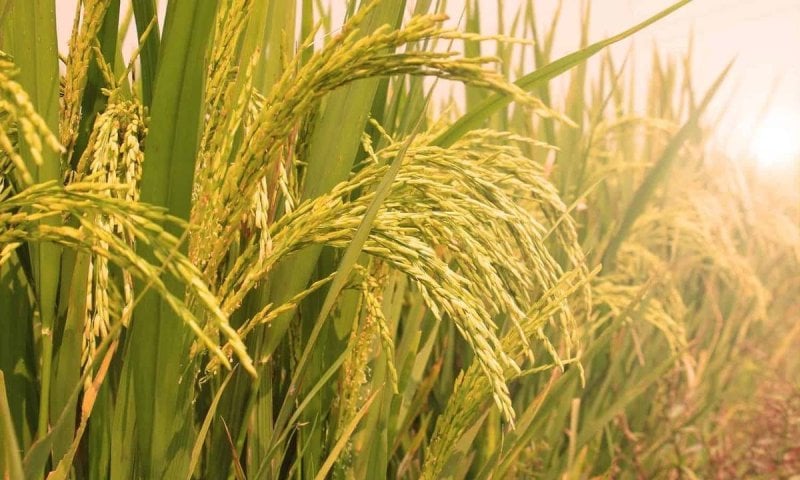Tags
Letter: Punjab already bears the brunt of a looming global rice crisis
From Dr Raj Mann, Lecturer in Economics, Department of Finance and Economics, Manchester Metropolitan University, Manchester, UK

The Big Read (October 24) covers most of the points relevant to the rice crisis and climate change. However, it is important to take a closer look at rice production in India and the use of groundwater in its cultivation. About 10 per cent of the rice produced in India comes from the small state of Punjab, which merely comprises 1.53 per cent of the geographical area of India. Rice is not a staple crop of Punjab, so a large part of rice produced is contributed to the “central pool” for distribution in other states of India under its public distribution system. It takes about 5,000 litres of water to produce a kilogramme of rice in Punjab and the production of rice in the state is heavily dependent on groundwater for irrigation. As laid out in a report published by the Central Ground Water Board, the groundwater situation of this state is alarming. The stage of groundwater extraction — which indicates the annual groundwater consumption compared with the annual extractable groundwater resource — in Punjab is the highest in the country and stands at more than 165 per cent. About 28bn cubic metres a year of groundwater is extracted against an extractable resource of 17.07bn cubic metres. A Nasa report has also expressed serious concerns about the depleting groundwater resources in northern states of India. This situation of groundwater depletion in Punjab has arisen despite its three perennial rivers. However, due to political and national interests, most of the water from these rivers flows to the neighbouring states of Rajasthan and Haryana. The disputes over the river water sharing among these states are pending in the Supreme Court of India. The ecological viability of Punjab is important for both food security in India and global rice security. Keeping in view the long-term rice security, the world should discern the rice crisis that it could face a few decades from now. Unless action is taken soon to save the groundwater of Punjab, global rice security will come at an expensive cost in the form of disastrous environmental consequences for Punjab and rice shortages at the global level. Hence, following the principle of sustainability, the food security of the present generation should not come at the cost of that of future generations.
https://www.ft.com/content/b668798a-1f22-4cff-8e21-3294ebcebf55Published Date: November 20, 2023






